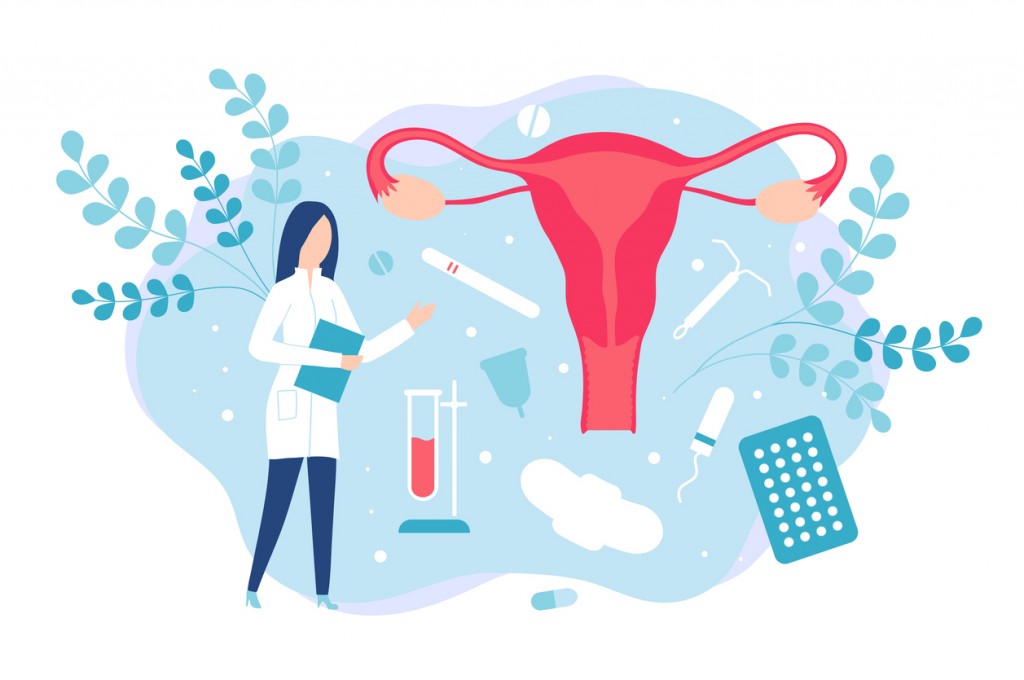
Gynecologic cancer are cancers which originate in a woman’s reproductive organs namely, uterus, fallopian tube, ovary, cervix, vagina and vulva.
It can occur in all age groups, mainly in women of the reproductive age group, but can also occur in young girls and elderly patients.
Gynaecological oncology is a specialised field of medicine that focuses on the above mentioned cancers. As specialists we have extensive training for comprehensive management of these cancers.
Preventive measures of Gynecological Cancers:
Screening tests for cervical cancer are:
Symptoms of ovarian cancer can include:
Symptoms of uterine cancer include:
Symptoms of vaginal cancer:
Symptoms of vulvar cancer:
© 2021 Gynec Onco. All Rights Reserved | Designed & Developed By : Nirvanza Infotech
Sitemap